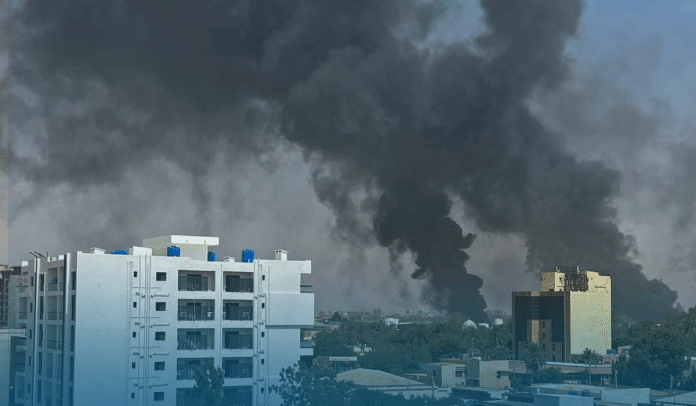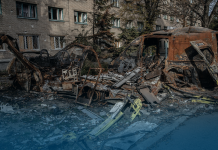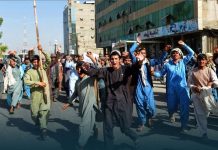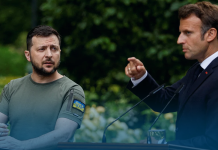Rival military forces, the Sudanese Army, and the paramilitary Rapid Support Force (RSF) have been fighting to take control of an African state of Sudan. South Sudan, Kenya, and Djibouti Presidents have decided to visit Khartoum after the confrontation between Sudanian forces reached the second day. There was a brief pause of three hours to allow safe passage to civilians trapped in aggressive fight areas; after that short pause fight resumed. By the end of Sunday, clashes between the Sudanese army and (RSF) have killed nearly 97 civilians, a doctor’s group claims. The aggressive fight, loss of civilian lives, and closure of neighboring countries’ borders have raised concerns for the international community.
The conflicts inside Sudan started after the rival groups joined the military in 2019, intending to remove Preside of Sudan Omer al-Bashir. The issues sparked after the disagreement on merging RSF into the army as a part of the transition towards the civilian rule. The regional Intergovernmental Authority on Development (IGAD) held an urgent meeting on the current situation in Sudan and planned to send South Sudan, Kenya, and Djibouti Presidents to Khartoum as soon as possible to intervene and reconcile the conflicting groups.
The Severely Damaging Fight
A young Sudinian, Huda, who lives in Khartoum, said they were worried about food and medicine for her diabetic father. She added they had not slept for 24 hours due to noise and house shaking, and there was so much disinformation and rumors, and they didn’t know when the fight would end. A doctor’s union in Sudan said two days fight had wasted at least 97 civilian lives and hundreds more were injured. World Health Organization said that nine hospitals in Khartoum have been receiving the wounded, and most of them have run out of blood, intravenous fluids, transfusion equipment, and other essential supplies.
Powerful explosives and massive gunfire had been destroying the buildings in Khartoum’s excessively populated areas. Tanks boomed in the streets on Sunday, and fighter planes roared in the sky. As the night came, the people of the capital city of Sudan hid in their homes and feared the fight would take their country into a more extensive disruption.
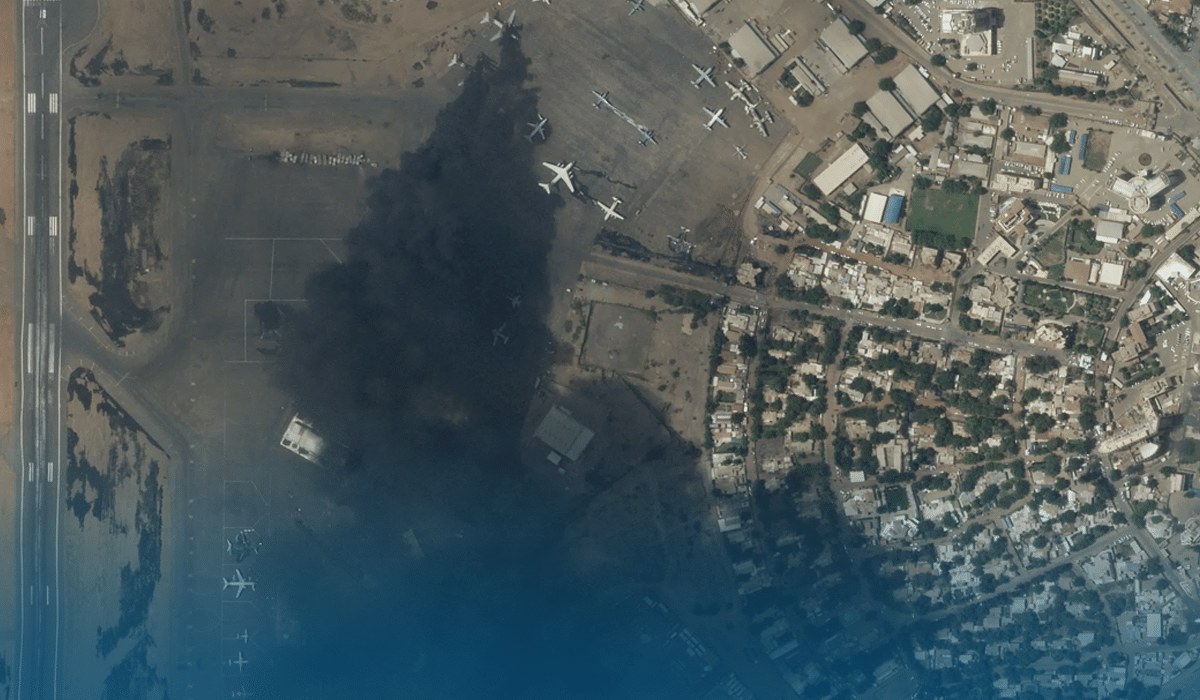
Source: Web
Efforts For Ceasefire
Late Sunday afternoon, the army said they had agreed to the United Nations’ proposal to give safe passage for the humanitarian cases, including evacuating injured people. RSF also contributed to the consensus, but both sides took a right to respond in any case of violation by the opponent. Even after the deal, massive gunfire tolled around the airport in Khartoum, and dark black smoke was also seen in the surroundings. The pause duration was from four o’clock local time to seven.
The purpose of the pause was to provide a safe escape to people trapped in the Presidential Palace, around the army vicinity, and people trapped near the areas of RSF bases. RSF bases were facing air strikes by the army fighter jets. For weeks there has been a continuous effort for power between the Sudanese Army Chief and his deputy, Mohamed Hamdan Dagalo, head of RSF. Both parties blamed each other for starting the fight. The RSF claimed complete control of Khartoum airport, the presidential palace, and other strategic locations, but Sudanese armies denied their claim.
Read Also: US, UK Announced New Sanctions to Press Russian Elite

